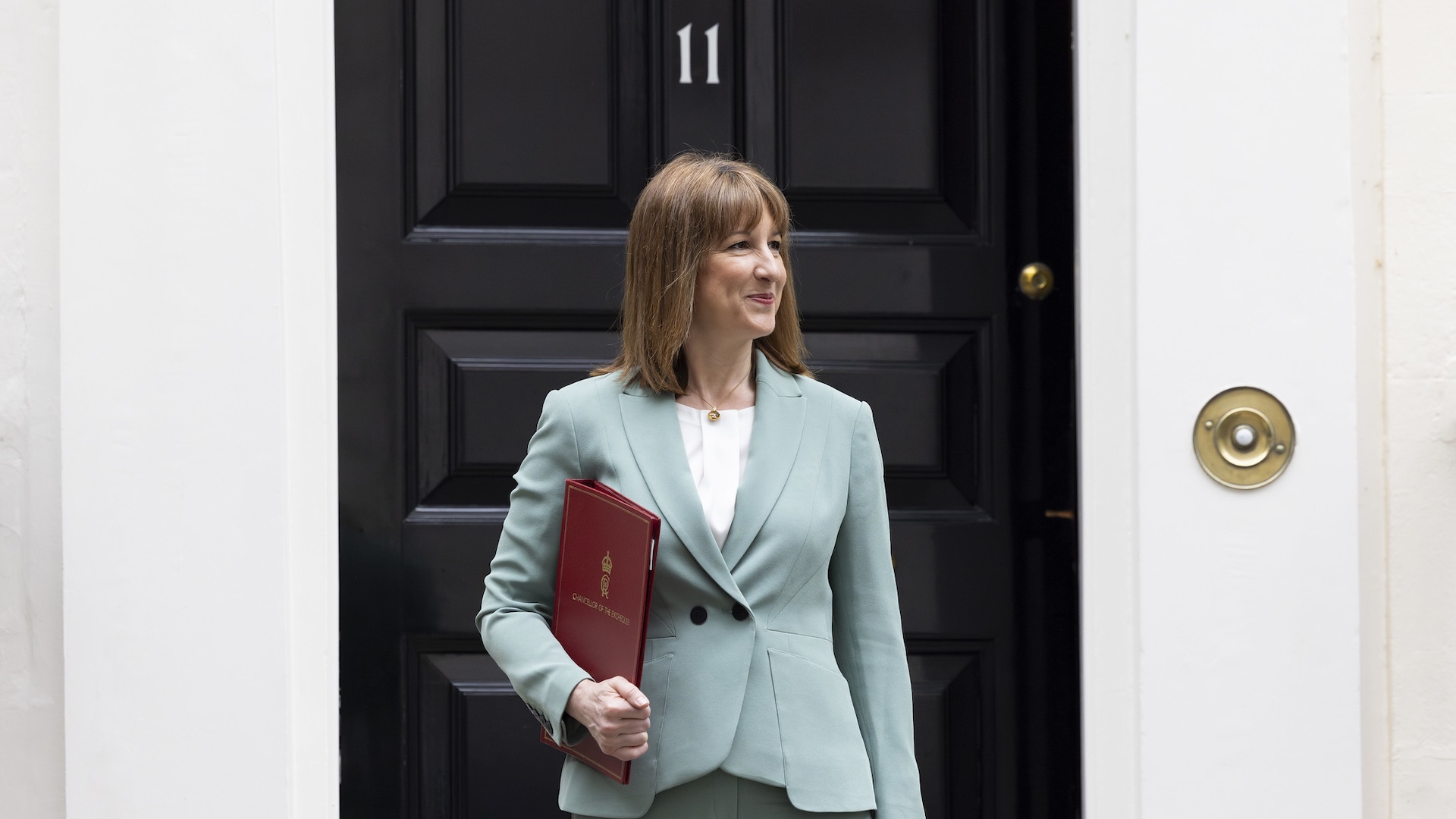Chancellor Rachel Reeves is expected to announce exactly how much benefits will be uprated in her Autumn Statement, but the government has confirmed it will be above inflation.
A Department for Work and Pensions spokesperson said: “We’re shifting our focus from welfare to work, skills, and opportunities, so more people can move out of poverty and into good, secure jobs as part of our plan for change.
“We’re also sustaining the main rate of universal credit above inflation for the first time, and rebalancing the benefit’s rates to reduce the perverse incentives that encourage ill health.”
An above-inflation increase will be a welcome boost in income for universal credit claimants, but charities warn that it is still not enough to cover the cost of living after such a significant rise over the last few years.
The Joseph Rowntree Foundation estimates that there will still be a gap of around £1,000 a year for single people and £2,000 for couples.
Chris Belfield, chief economist at the Joseph Rowntree Foundation, said: “The majority of people on universal credit cannot afford essentials like food, heating and basic toiletries. That will remain the case despite an increase of around 6.2% to the standard allowance in universal credit, which still leaves a single adult with only £98 per week.
Advertising helps fund Big Issue’s mission to end poverty
“It’s not enough to tweak the system each year if the result is still far from a level people should be able to expect if they need support in hard times. The standard allowance, the basic rate that people on universal credit receive, should enable people to afford life’s essentials. But it has never reflected what those essentials actually cost.”
The Joseph Rowntree Foundation is calling for the government to implement an independent process to advise on the standard allowance for universal credit to ensure that it reflects the amount people need to afford the essentials they need to survive.
“This would significantly strengthen our benefits system’s ability to protect people from hardship when they need it most,” Belfield added.
Other benefits are only likely to rise by 3.8% in April 2026, if they are increased according to September’s rate of inflation.
Rebecca Florisson, principal analyst at the Work Foundation at Lancaster University, says: “Despite pressure to reduce welfare spending, the government must protect the most vulnerable people by ensuring benefits continue to be linked to inflation.
“The chancellor should prioritise boosting living standards in the years ahead because the alternative would push more of those out of work into poverty, forcing them to take on precarious and poorly paid work, while ultimately remaining reliant on the welfare system.”
Advertising helps fund Big Issue’s mission to end poverty
Do you have a story to tell or opinions to share about this? Get in touch and tell us more.
Reader-funded since 1991 – Big Issue brings you trustworthy journalism that drives real change.
Every day, our journalists dig deeper, speaking up for those society overlooks.
Could you help us keep doing this vital work? Support our journalism from £5 a month.





